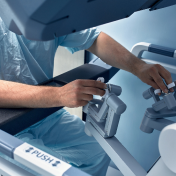Menu
- Find a doctor
 Centres of Excellence
Centres of Excellence
 Health Library
Health Library
 Patients and visitors
Patients and visitors
 International services
International services


